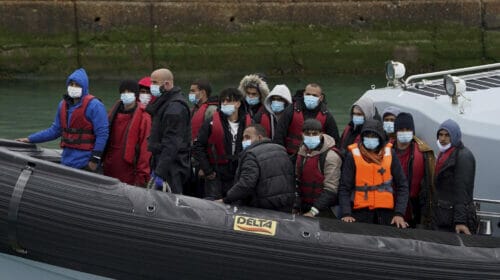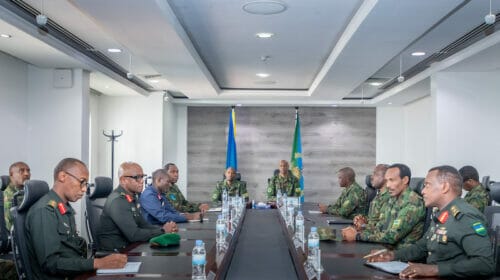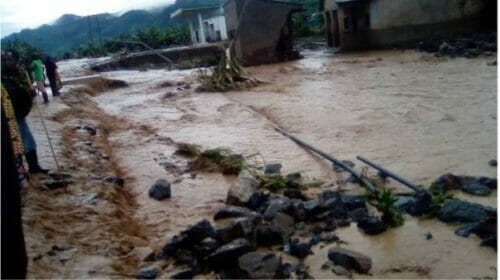Rwanda’s president accused in death of ex-spy chief Patrick Karegeya
“A towel with blood and a rope were found in the hotel room safe,” said police spokeswoman Katlego Mogale in a statement Thursday. “There is a possibility that he might have been strangled.”
The Rwanda National Congress, the opposition party Karegeya helped found, alleged in a statement Thursday that his death was one of numerous assassinations ordered by Kagame.
“By killing its opponents, the criminal regime in Kigali seeks to intimidate and silence the Rwandan people into submission,” the statement said.
Kayumba Nyamwasa, the former chief of staff of the Rwandan army, who like Karegeya was granted political asylum in South Africa, said he survived two assassination attempts while in exile.
“It is not new. It is not the first time, and it is not the last,” he said of Karegeya’s death, according to a report in the Guardian newspaper. “Most of President Kagame’s political opposition are in exile or in prison or are dead.”
The Rwandan government, as it has in the past, forcefully denied the allegations that it was behind the death. The Rwandan high commissioner in South Africa, Vincent Karega, told local broadcaster eNCA that talk of an assassination was an “emotional reaction and opportunistic way of playing politics.”
Rene Mugenzi, a Rwandan human rights activist living in London, said he was frustrated by the international response to such killings – or rather the lack of it.
“This is a very sad day, but it’s not new for Rwandans,” said Mugenzi, adding that he was informed by British authorities in 2011 that he too could be a target. “What is very frustrating, what is making me angry, is that the international community, the United Nations, the African Union, they have had information about what the Rwandan government is doing, but there has not been any condemnation.”
Martin Rupiya, executive director of the Pretoria-based African Public Policy and Research Institute, said he wasn’t surprised.
“Both the international community and African countries continue to feel that not enough was done in support of Rwandans during the genocide,” Rupiya said. “So explicit condemnation has been tempered because of that context.”
Still, he said, “If the evidence proves to be correct, then a very firm stand must be taken.”
Karegeya, a bespectacled man with a slight frame, reportedly fled to South Africa in 2007 after being jailed for insubordination and desertion, stripped of his rank as colonel and accused of plotting a coup with Nyamwasa.
Both men fought with Kagame in Rwanda’s 1994 war, which brought a stop to the genocide by ethnic Hutu extremists that killed more than 800,000 Tutsis and moderate Hutus.
In exile, Karegeya and Nyamwasa formed the Rwanda National Congress. The Rwandan government issued international arrest warrants for the men in 2011. A military court convicted them in absentia on charges of promoting tribal divisions and threatening state security.



